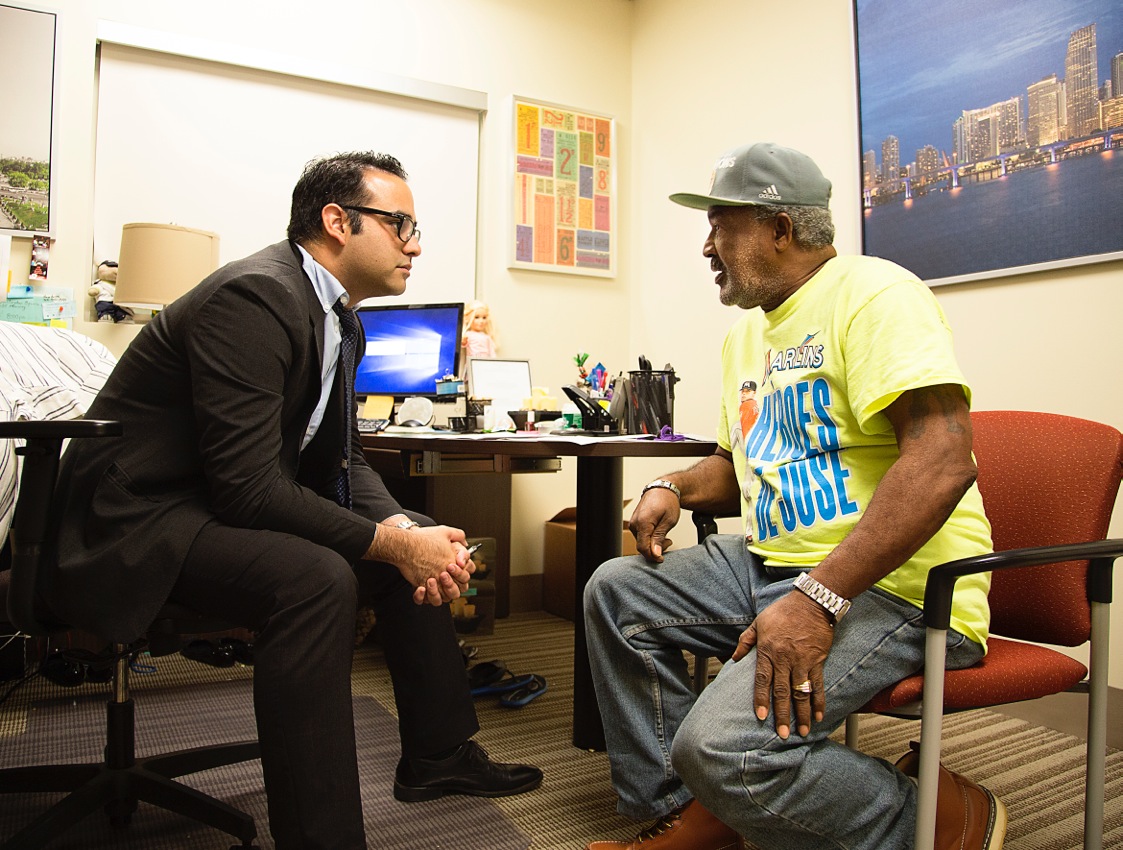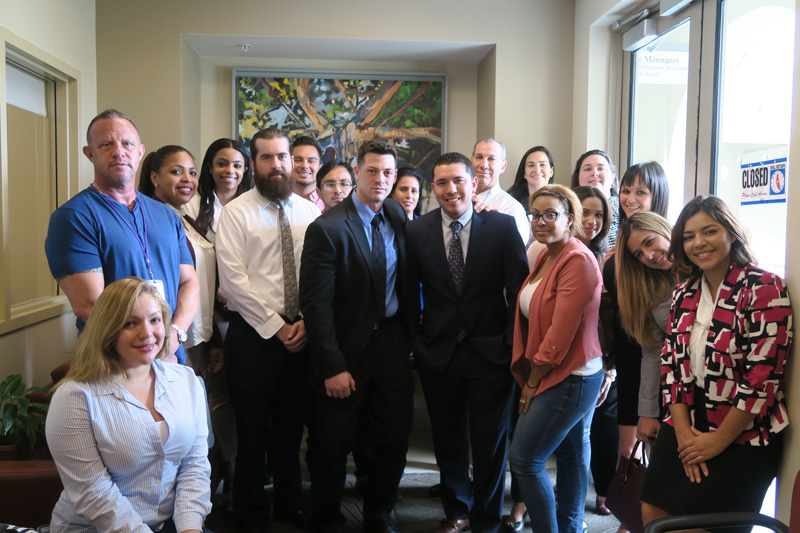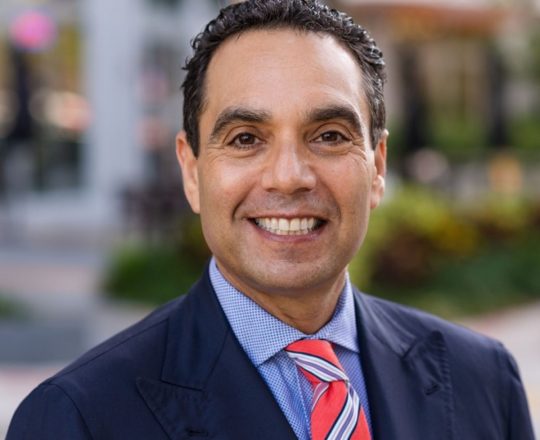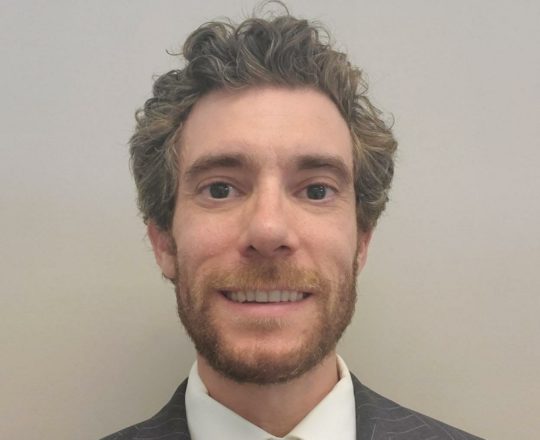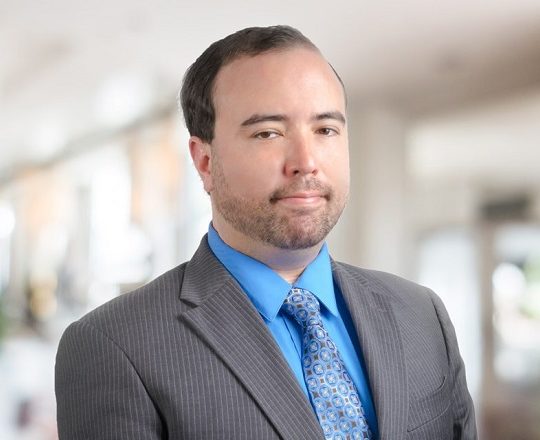Why Lawyers to the Rescue? Why Now?
Lawyers to the Rescue was founded on the idea that lawyers possess a unique skill set that can be utilized to assist those in need–those who, because of certain legal issues, are trapped in an acute life circumstance that prevents them from fully participating in and contributing to their communities.
For example, we have often found that many of the homeless in our community are facing relatively easy-to-fix legal problems that prevent them from getting jobs, obtaining disability compensation, or may subject them to urgent immigration issues. By providing assistance to these people in the form of free legal services, we aim to break the often indissoluble link between homelessness and helplessness.
According to the US Census, there is no standard or agreed upon definition of what constitutes homelessness. There are, however, specific definitions and statistics on poverty. According to the US Census, the nation’s official poverty rate in 2015 was 13.5 percent, with 43.1 million people in poverty, 3.5 million fewer than in 2014. The 1.2 percentage point decrease in the poverty rate from 2014 to 2015 represents the largest annual percentage point drop in poverty since 1999. Lawyers to the Rescue would like to see that number continue to decrease.
To accomplish its mission, Lawyers to the Rescue needs human resources, not just money. We need lawyers who are passionate about helping those in need to join us at our monthly pro bono clinics, which we hold at Miami’s Camillus House. There we sit down and counsel dozens of members of Miami’s homeless community on their various legal issues, ranging from outstanding bench warrants, to sealing criminal records, simplified dissolutions of marriages, immigration procedures, lack of documentation, personal injury and medical malpractice cases, child support, alimony, and probate and estate issues.
Lawyers from varied areas of expertise join us, and we often find that lawyers are able to help in areas beyond their day-to-day experience in their profession. For example, a real estate attorney can provide basic legal guidance to our clients by helping them and us identify the areas of law necessary to provide them appropriate assistance. We call this process legal triage–because often the client has no idea what kind of lawyer is needed to assist in a given situation. Frequently, it takes various lawyers to help. Sometimes we determine that we cannot help, but we always try.

